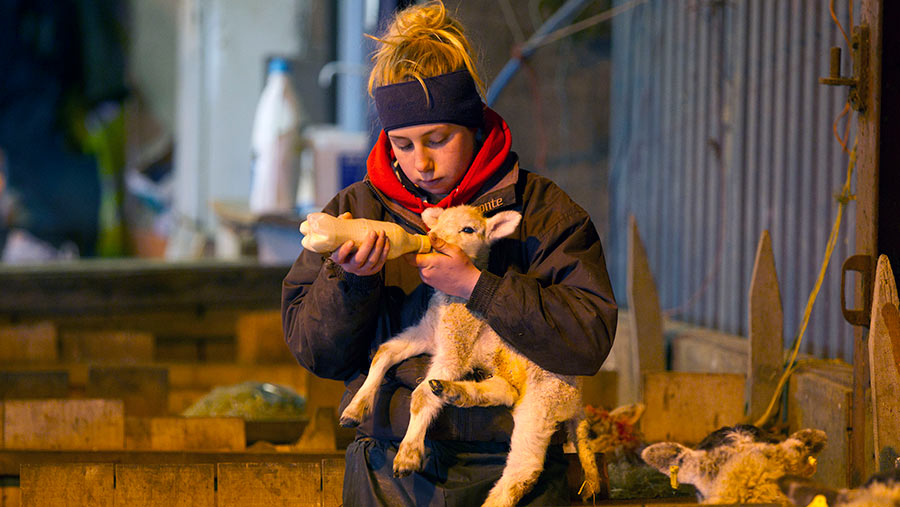Opinion: Succession conversations need to involve women
 © Tim Scrivener
© Tim Scrivener Some family conversations are hard, but none are harder than those relating to female succession in farming.
The evolution of our farming system has resulted in the long, arduous, sacrificial nature of farm labour being done by the people who can prioritise their working lives around the whims of weather and animals.
With limited rural childcare options, gendered roles have been inevitable.
But the problem is self-fulfilling; a farming friend told me that his nine-year-old daughter had already discounted becoming a farmer because she could only see men in that job.
See also: Survey – How has farming changed for women in the past 10 years?
As an industry, we need to do more to challenge the stereotypes and biases that hold women back from taking on roles in farming. Women are guilty of holding themselves back too, though.
At a recent meeting of our local rural misogyny survivors network (also known as “Women That Farm”), every woman present introduced themselves with an apology that they were “not really farmers” because they only managed the farm office, or also worked off-farm, or only ran the things that made money. Confidence in ourselves is key.
I can see change coming. If sustainable agriculture is our future (and by its very definition, unsustainable agriculture cannot be) then our agricultural future is also more female.
A recent French study found that women are more likely to be involved in sustainable agriculture than conventional practices.
It wasn’t clear whether this was because they were avoiding intensive farming, or because women are better at nurturing stuff, or because sustainable agriculture communities are nicer, or all three.
Either way, male readers might like to ask themselves how many women farmers they hang out with, and use that to decide whether or not they need to adapt their farming system to be on the right side of history.
The notable exceptions of high-profile women working in this industry don’t counter the weight of bias that sits against us.
I have lost count of the number of times I have mentally (or audibly) added the words “or her” to a sentence spoken about succession in particular.
The perception – especially among professional advisers – is that ownership follows management into male hands. This is clearly wrong.
My advice to women facing succession challenges is that there is no point blaming the stars for the systemic bias.
Only you can present your own case, and don’t ever walk away without having made it clear to the older generation (and their advisers) that you are willing to step into the role.
You have the skills to manage it, and you can build a team around you to make it happen. There are some brilliant networks supporting women in farming, and lots of people to learn from.
My advice to parents (and their advisers) is that she will do it differently, but that is not a reason to think that she is not up to the task.
It might be more complex and more collaborative, but the same thinking that got us to where we are now is not going to get us out of the problems we are in. Now is the perfect time for a new approach.
Generational change normally takes a lifetime, but the agricultural transition is forcing a revolution in farm management.
Succession conversations are happening sooner than they would otherwise, and the girls need to be ready.
Level The Field
Farmers Weekly has launched a landmark survey to measure the progress which has been made for women in agriculture over the past ten years.
For more information on how to get involved with the campaign, contact Farmers Weekly deputy editor Abi Kay – abi.kay@markallengroup.com.

